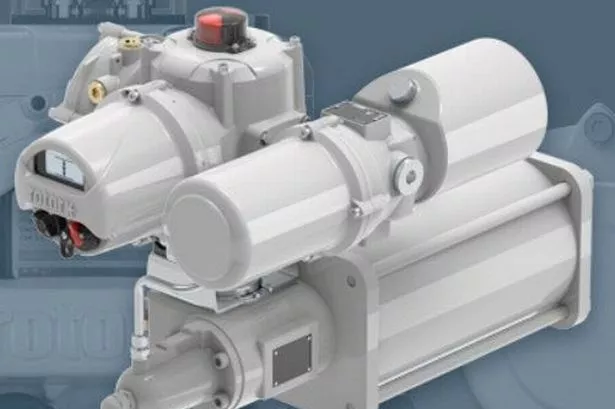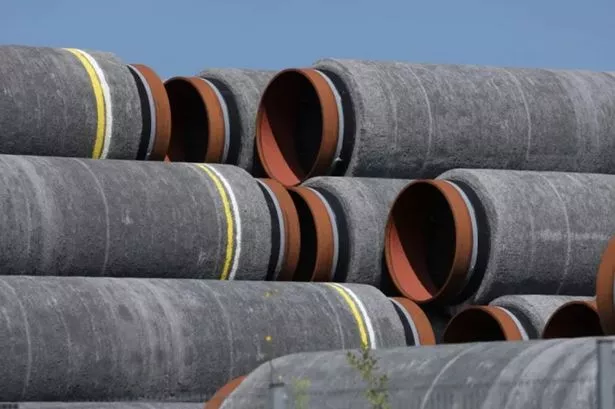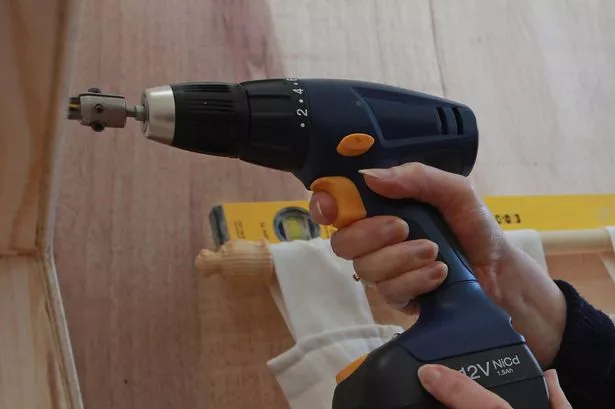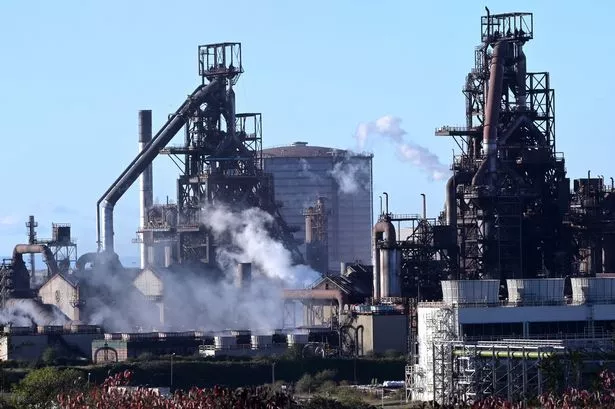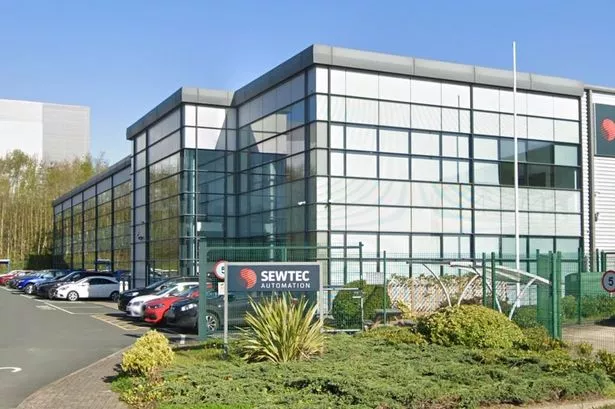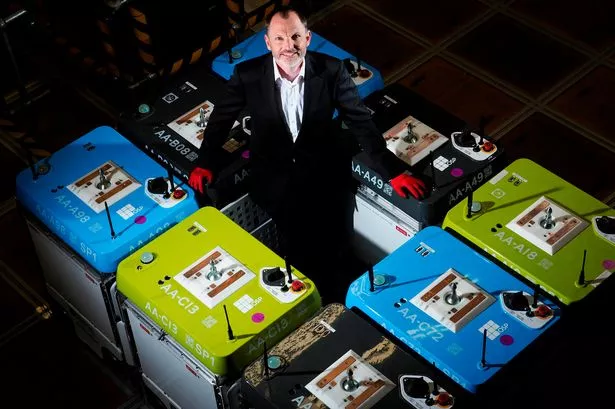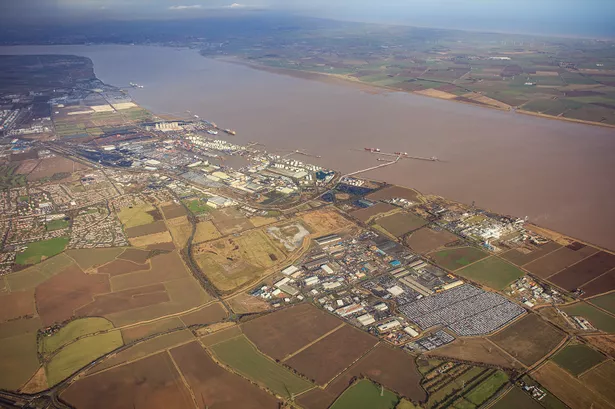Tata Steel £100m transition fund sees its first release of money
The first tranche from a £100m transition fund to support the retraining of Tata steelworkers and help supply chain companies diversify due to the cessation of blast furnace steelmaking at Port Talbot has been released.
The £100m fund, which was announced last year after Tata confirmed it was ending its blast furnace operations at Port Talbot, was established by the previous UK Government. The fund includes a £20m commitment from Indian-owned Tata Steel UK. It is separate from a £1.2bn funding package to transition Port Talbot steelworks to an electric arc furnace operation, making steel from scrap steel.
Read More : Welsh Government needs to stop dithering on Cardiff Parkway
Read More: Latest equity deals in Wales
Welsh Secretary Jo Stevens said the £13.5m from the transition fund will be deployed to support local businesses that are heavily reliant on Tata Steel as their primary customer to find new markets and customers.
Money will also be available to workers affected by the transition, helping them find new jobs, access training, and gain skills and qualifications in areas where there are vacancies.
Ms Stevens, who chairs the Tata Steel/Port Talbot Transition Board, has also confirmed that 50 businesses so far have signed a pledge to support any workers forced to leave their jobs in the steelworks.
The businesses, which include Fintech Wales (the umbrella body for the fintech sector), the Royal Mint, Cardiff Metropolitan University, RWE Energy, Ledwood Mechanical Engineering, and Pro Steel Engineering, have committed practical support for workers ranging from guaranteed interviews for anyone made redundant to providing training and coaching.
Ms Stevens said: “Under this government, the transition board has moved from discussion to delivery. The release of an initial £13.5m in funding demonstrates that we will act decisively to support workers and businesses in Port Talbot, working with Welsh Government, unions, and the wider community.
"Negotiations with Tata Steel on the future of the site will continue separately. But this government will not wait for a crisis to overtake us before acting. We are putting a safety net in place now to ensure we can back workers and businesses, whatever happens.
“We are also harnessing the generosity of the local community, with dozens of employers so far pledging practical support for workers. Steelmaking is the lifeblood of communities in Wales, but so too is the support of local businesses. What they are offering will make a real difference to suppliers and staff.”
The £500m commitment to Tata’s £1.2bn arc furnace investment from Mr Sunak’s government was not signed off ahead of the General Election. The new Labour Government is committed to a £2bn fund to support the decarbonisation of steel in the UK. This could see it also supporting the transition to green steelmaking at the UK’s only other remaining UK blast furnace operation at Scunthorpe in Chinese-owned British Steel.
Labour figures had called, in line with steel unions, for Port Talbot’s blast furnace No 4 to remain until the end of its operational life in 2032 -giving more time to work up plans for less polluting methods of primary steelmaking, potentially through the use of hydrogen and investment in carbon storage and capture.
However, while the UK Government continues to talk to Tata over the future of Port Talbot, there seems to be an emerging acceptance that Tata, which says its UK operation is making losses of £1m a day, will not deviate from its arc furnace timetable. Following the closure of blast furnace No 5 earlier this summer, the remaining No 4 will close at the end of September.
The last shipment of coking coal and iron into the harbour will be later this month, with its sinter plant closing ahead of the blast furnace next month. The plant’s hot strip mill will continue making coil steel for its downstream business from two million tonnes of imported substrate before the electric arc furnace becomes operational in 2027 or 2028.
The ending of primary steelmaking will see around 1,900 job losses at Port Talbot, making up the lion’s share of the initial 2,500 jobs going across all of Tata’s UK operations, which includes its downstream operations in Wales at Trostre, Shotton, Llanwern, and Caerphilly.
Port Talbot, where some staff have already left but with the process accelerating from the autumn, have identified around 300 staff needed for decommissioning work. However, once the arc furnace is operational, the direct workforce at Port Talbot is expected to be around 1,500.
The impact of the ending of heavy steelmaking will also be felt amongst contractors and the wider supply chain. It has been estimated that for every direct job at Port Talbot a further 1.2 are supported.
A planning application for the electric arc furnace is expected to be submitted by Tata to Neath Port Talbot Council in November, which, if approved, should see spades in the ground next summer. The arc furnace will take around three years to become operational.
Tata will look to sell off some of its land around the decommissioned blast furnaces to the harbour. However, at this stage, it has not been determined what the cost of land remediation would be -and whether Tata would get any government support -to make it fit for other uses.
While subject to market interest, it could potentially form part of the new freeport covering the ports of Port Talbot and Milford Haven under the Celtic Freeport banner.
It is hoped that the freeport will create significant jobs and investment in new supply chains needed for new offshore floating windfarms in the Celtic Sea, for which bidders are now being sought under a new licensing round from the Crown Estate.
Tata will maintain around 80% of its existing site.
Community's National Officer for steel Alun Davies said: "We welcome this announcement, which demonstrates that the UK Labour Government is stepping up to provide support both to workers affected by Tata's decarbonisation plans, and to the wider community in and around Port Talbot. The Welsh Secretary Jo Stevens has acted at pace to ensure that this first tranche of funding can be released as swiftly as possible, and we thank her for her steadfast commitment to our steel communities.
"We are also particularly pleased that this announcement includes support for contractors. In our regular meetings with the UK and Welsh Governments, Community reps and officials have stressed that this vital part of the workforce needs to be included in any package of support, and we are glad that both administrations have listened.
"Whilst we welcome this announcement, it is important to stress that our wider position on Tata's bad deal for steel has not changed. We will continue to oppose the company's damaging proposals, and we will fight to protect jobs. It remains our firm belief that no compulsory redundancies are necessary, and that an alternative approach is still possible."
Welsh Conservative Shadow Minister for Economy and Energy, Samuel Kurtz MS said: "Welsh Conservatives welcome the release of funding for Port Talbot steelworkers.
“The Conservatives ensured that this substantial sum was earmarked for steelworkers, but it remains a question; whether the Labour UK Government will explicitly promise to honour the £100m fund in full.

